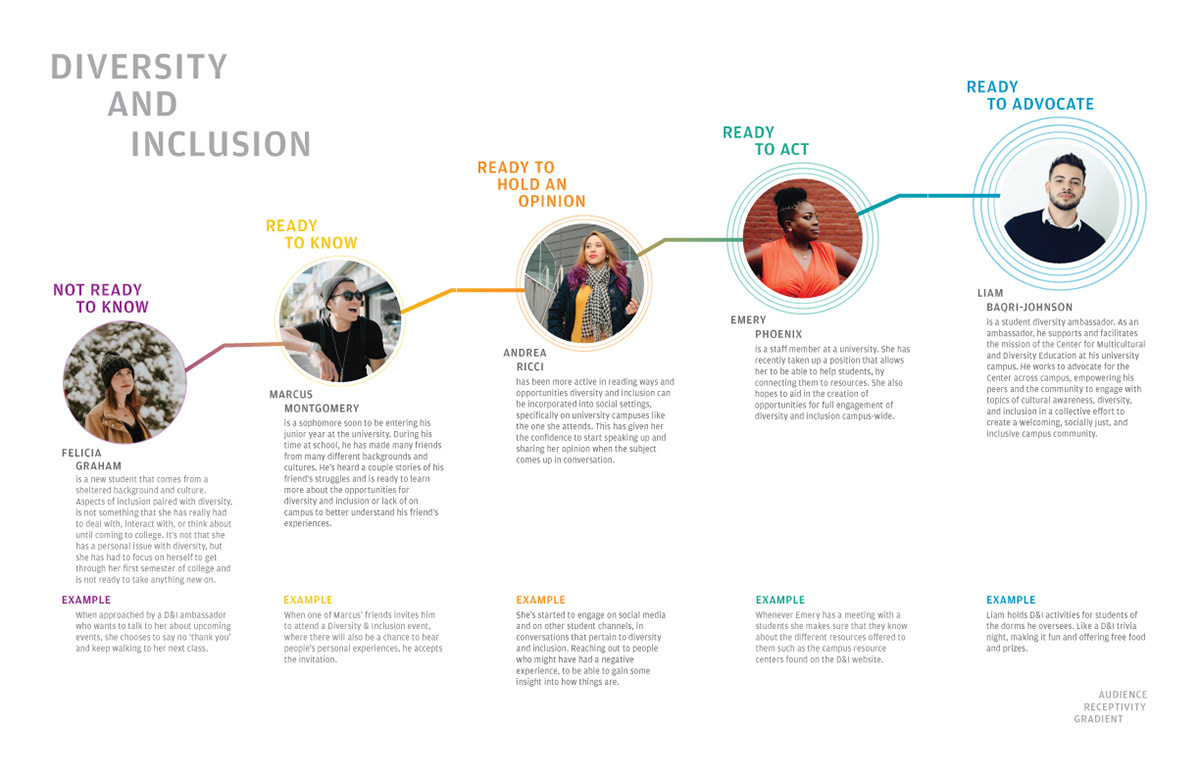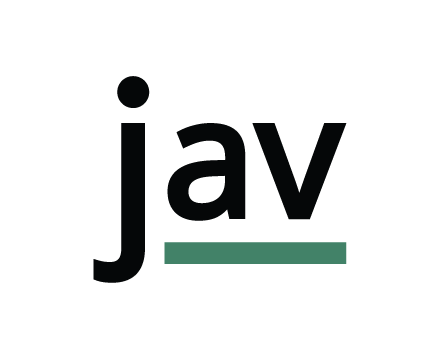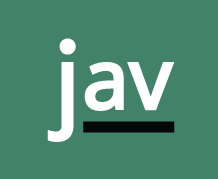It was great to get more insight into who is leading the efforts for D&I awareness on campus after meeting with the Office for Diversity & Inclusion. Dr. Yvette Murphy-Erby, Vice-Provost for Diversity and Inclusion, and her colleagues expressed to us what the Office for D&I encompasses and plans to offer the community. It was clear to see that it is vital for those parts of the university to know what resources are available to them and how to access them. Briefly talking about certain barriers that they've encountered they don't beat around the bush. Among other things, they know that in order to be prepared for the future they need to address the current perceptions of the university. It's not just talking about being inclusive, but it's about showing and getting those who are on campus or interacting with the campus to feel included. I've seen how diverse we are as a student body, coming from all types of backgrounds and around the world, though many wouldn't think of our university as a cultural hub. The one thing that stood out to me was how they want to challenge the status quo on what future/potential students who are coming from less privileged backgrounds think is available to them. It's all about presenting to them and giving them the chance to have access to opportunities. As there are many programs for faculty and students to get involved it shows that their reach is far and they have to power to extend even further.
Moving forward it is important that we understand the stakeholder's mindsets to help overcome assumptions. As this specific problem presents itself many different types of mindsets we used the Audience Receptivity Gradient designed by David S. Rose to be able to introduce what those certain mindsets might be. As you can see below it starts from Not Ready to Know to Ready to Know to Ready to Hold an Opinion to Ready to Act on an Opinion moving all the way to Ready to Advocate. Looking at the mindset of a person goes deeper and farther into how people connect and feel about D&I and it can encompass all that they are or who they're ready to be. An essential tool when we come face-to-face with the challenges and the opportunities that will help us to find solutions to achieving an inclusive and diverse culture and climate on our campus and beyond.
Below I've applied personas for each group and what their mindsets might look like, along with examples


